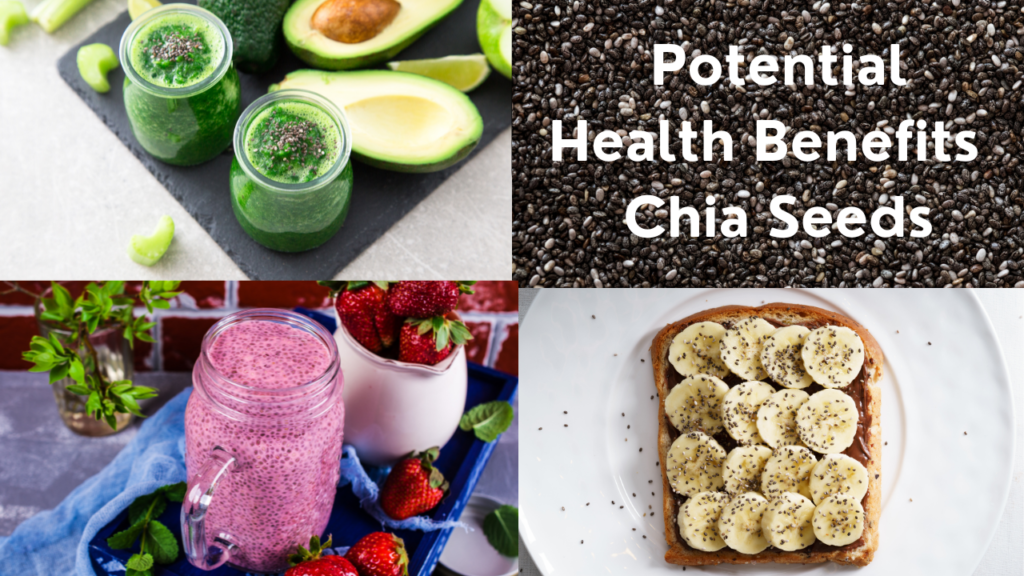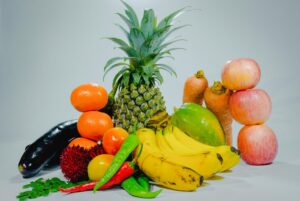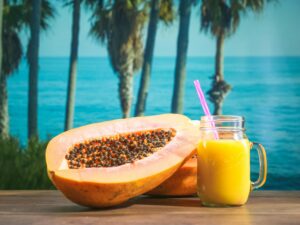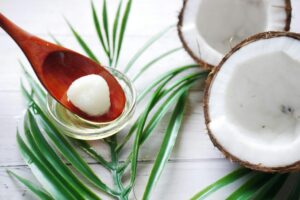Potential health benefits of chia seeds

Chia seeds are tiny, nutrient-rich seeds that come from the plant Salvia hispanica, which is native to Central and South America. These seeds have gained popularity in recent years due to their potential health benefits and versatility in various culinary applications. Here are some key points about chia seeds:
- Nutritional Profile: Chia seeds are rich in nutrients such as fiber, protein, healthy fats (especially omega-3 fatty acids), antioxidants, and various vitamins and minerals like calcium, magnesium, and phosphorus.
- Dietary Fiber: Chia seeds are an excellent source of dietary fiber. When soaked in water, they form a gel-like consistency, which can help with digestion and make you feel full, potentially aiding in weight management.
- Omega-3 Fatty Acids: Chia seeds are one of the plant-based sources with the highest content of omega-3 fatty acids, which are beneficial for heart health and brain function.
- Antioxidants: Chia seeds contain antioxidants, which can help protect cells from damage caused by free radicals and contribute to overall health.
- Hydration: When soaked in liquid, chia seeds can absorb many times their weight in water, which can help with hydration and maintaining electrolyte balance.
- Gluten-Free: Chia seeds are naturally gluten-free, making them suitable for people with gluten sensitivity or celiac disease.
- Versatile Use: Chia seeds can be incorporated into a variety of foods and beverages, such as smoothies, yogurt, oatmeal, puddings, and baked goods. They can also be used as an egg substitute in vegan recipes due to their gel-like texture when mixed with water.
- Potential Health Benefits: Chia seeds have been associated with various potential health benefits, including improved heart health, better blood sugar control, and support for weight management. However, it’s important to note that while chia seeds can be a nutritious addition to a balanced diet, they’re not a magical cure-all, and their benefits are part of an overall healthy lifestyle.
- Precautions: Chia seeds are generally safe for most people when consumed in moderation. However, some people may experience digestive discomfort if they consume large amounts without sufficient liquid. It’s also important to note that if you have any allergies, dietary restrictions, or medical conditions, you should consult a healthcare professional before making significant changes to your diet.
- Chia seeds have a long shelf life and can be stored in a cool, dry place, preferably in an airtight container. They do not require refrigeration.

Remember that while chia seeds offer many potential benefits, they should be part of a balanced and varied diet. It’s always a good idea to consult with a healthcare provider or registered dietitian before making significant changes to your diet, especially if you have specific health concerns or dietary goals.






